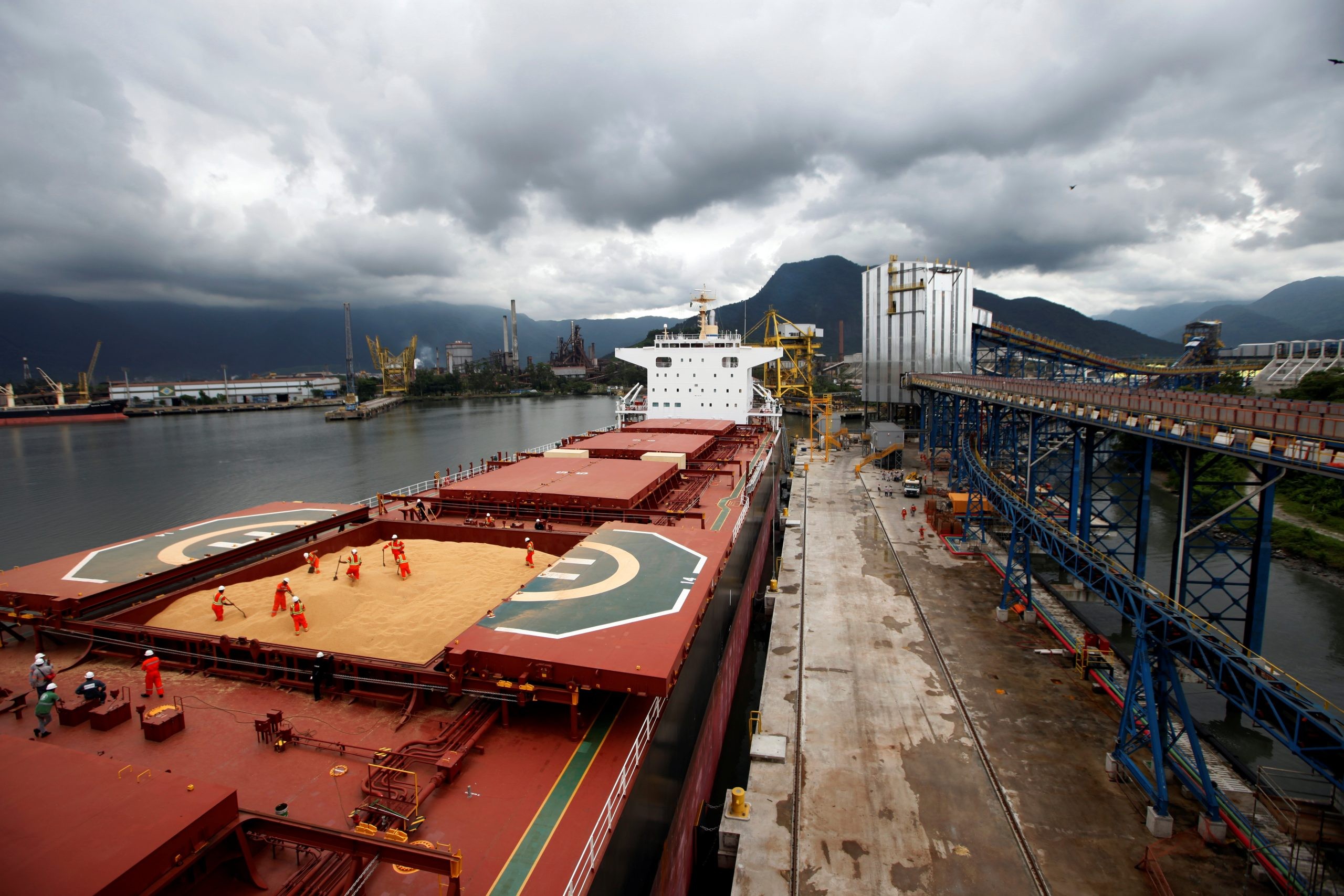War-torn Ukraine gets US$205M cash injection and wheat, barley and oat seeds to bolster supply chains

As war rages on in Ukraine, the FAO is ramping up funding to support the country’s food production and boost supply chains, including vital grain supplies. Farmland is also being cleared of dangerous mines and assessed for damage as part of a renewed push to help Ukraine’s agri-food industry get back on track amid the continued Russian invasion.
Agri-food initiatives for Ukraine during 2023 were on the agenda during a special meeting for G-7 ministers on the sidelines of the Global Forum for Food and Agriculture (GFFA) in Berlin at the weekend.
One essential part of the program is to restore alternative grain export routes. Once one of the largest exporters of grain in Europe, grain production and export across the former breadbasket of Ukraine have dropped during the conflict, with farms and supply lines being damaged.
The country was commonly known as a food exporting powerhouse but has been battered since February 2023, when Russia first invaded almost a year ago.
The Ukraine Grain Initiative has been a major theme throughout the last ten months which has seen grain being held up at the country’s blockaded ports, released in part as the war continued to play out in 2022 and then hit by more problems like inspection delays and uncertainty over whether agreed channels were safe for its export.
The weekend’s FAO’s Rapid Response Plan updates highlight the ongoing struggle to mitigate damage and restore agricultural functionality across Ukraine.
Generators, modular units, wheat, barley and oat seeds will be deployed to restore critical production and value chains urgently.
The FAO flags that the war has caused a quarter of rural households to reduce or stop agricultural production, rising to a third of households in contact-line districts.
Cereal exports across the country have dropped by almost 30% across the marketing year from 2022 to 2023.
After the invasion began, the FAO attempted to restore food production infrastructure by donating over 5,000 tons of winter wheat seeds to small-scale farmers and delivering over 26,000 grain sleeves across Ukraine, enabling producers to store over 5 million tons of cereals safely.
The ongoing conflict in Ukraine has sparked various responses regarding mitigating damage and supporting or resorting food chain systems across the country.
Earlier this year, the EU and the FAO announced a partnership to provide US$15.5 million to ensure and support Ukrainian food systems impacted by the ongoing war. The funding will support the continued functioning and reinforcement of value chains in agriculture, fisheries and forestry during conflict conditions.
Barclays released a report earlier this month entitled “Global food systems under mounting pressure,” examining how the war in Ukraine, coupled with extreme weather events, is threatening food security globally, potentially turning back years of progress.
NASA and Planet have provided policymakers with analysis gleaned from satellite observations of dynamic crop changes across Ukraine, with an aim toward helping inform food policy construction with accurate, up-to-date information.
The platform noted greater-than-expected crop growth in Russian-occupied areas.
However, the World Bank has warned that Russian disruptions may offset any ‘better-than-projected’ crop successes in Ukraine.
Read also
Victoria Golubyatnikova, SGS – Speaker at BLACK SEA OIL TRADE-2025, Bucharest
Over 700 thsd tons of Ukrainian grain were exported
Moldovan government approves sale of Giurgiuleşti port to Romania
In Central Russia, oilseed crops overtook wheat in terms of sown area for the firs...
Sunflower seeds harvest forecasts: Drought hits Ukraine, while Russia and Kazakhst...
Write to us
Our manager will contact you soon



